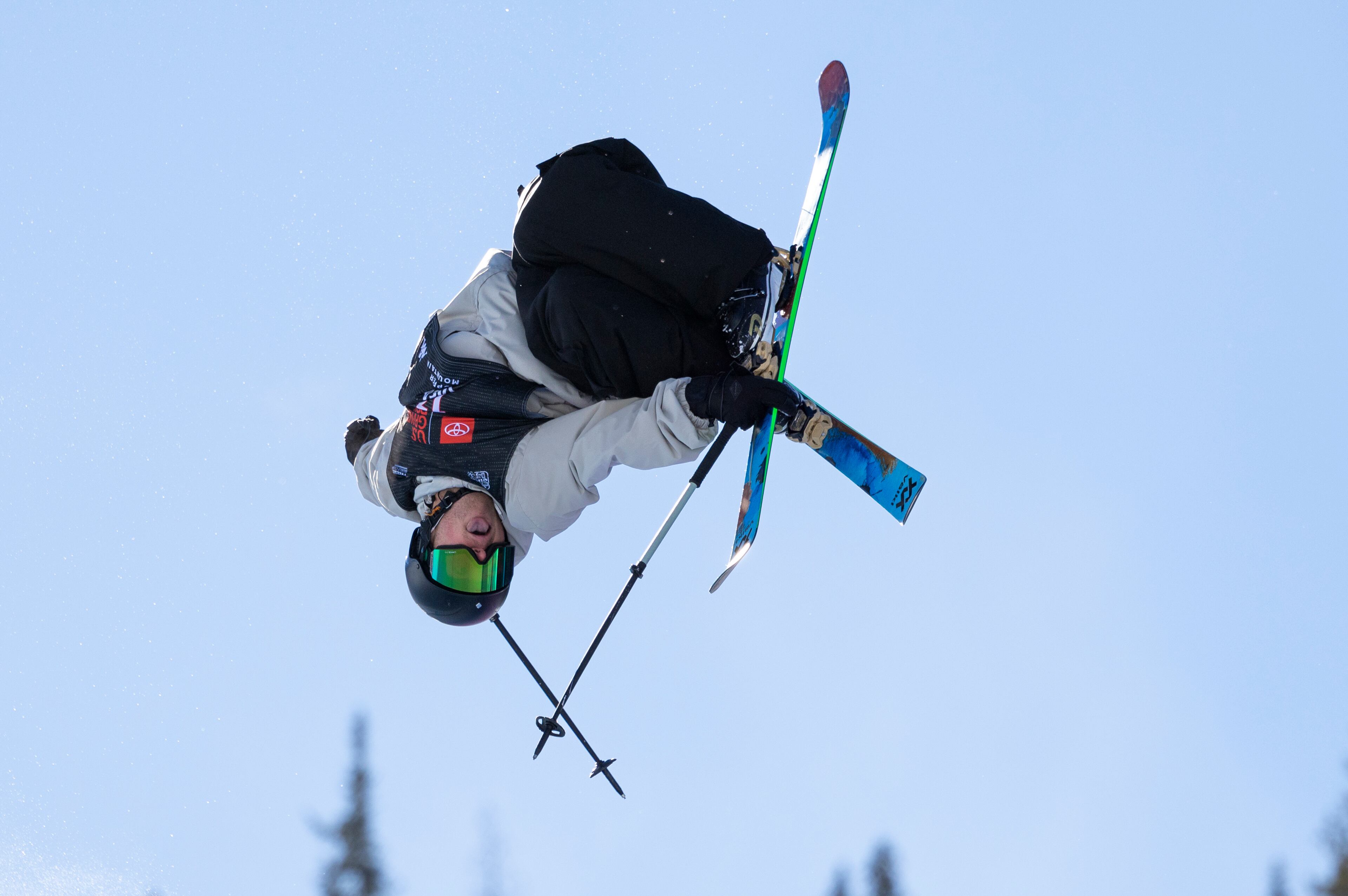Austin entrepreneur develops life-saving device for horses

While asleep at a Louisville hotel, a phone started ringing in Jeffrey Schab’s room.
It was early — about 6:45 a.m. — so Schab suspected it wasn’t good news. On the other end of the line was the caretaker for his 8-year-old American Saddlebred horse, nicknamed Snoop.
“He’s dead,” the caretaker told Schab’s partner Wade Giles.
The news devastated Schab, an Austin resident who was in Louisville to compete at the World’s Championship Horse Show with Snoop and several other horses. He had just seen Snoop the day before and there were no signs of illness. Horses typically live 25 to 30 years.
“It was completely shocking,” Schab said. Snoop had died from a rare form of horse “colic,” in which part of the horse’s small intestine became twisted, Schab said. The symptoms were missed because it happened in the middle of the night, when the caretaker was sleeping.
This personal loss, which occurred in August 2013, launched Schab on an entrepreneurial journey to develop a device that would better track colic symptoms in horses.
Schab’s device, called “Nightwatch,” is a high-tech halter that monitors a horse’s vital signs, activity and posture, alerting an owner or caretaker when the horse is showing signs of colic while there is still time for a medical intervention. That alert comes from a phone call, email or text message, and there is an LED indicator on the horse.

After more than two years of research and development, Schab is taking pre-orders now, with plans to release Nightwatch this summer.
Nightwatch is the first product being developed by Schab’s Austin-based company Protequus (pronounced pro-tek-kwiss), which is a combination of the word “protection” and “equus,” the Latin root for horses.
The device, which uses micro-controllers and micro-processors developed by NXP Semiconductor, highlights the capabilities of what’s known the “Internet of Things,” which is a chip industry term for noncomputing devices, including home automation systems or automobiles, which are connected to the Internet for remote control and monitoring.
Colic is a catch-all phrase used to describe symptoms of abdominal distress in horses.
Colic in horses is common, said Louise Southwood, an associate professor of large animal emergency and critical care at the New Bolton Center, part of the University of Pennsylvania’s veterinary school.
“About 5 percent of horses with colic end up needing surgery,” Southwood said.
Though she hasn’t personally tested Nightwatch, Southwood said it could be life-saving for horses. “If his horse was caught sooner and they could get (him) to a surgical facility” it is possible the horse would have lived, Southwood said.
Protequus is the entrepreneur’s first foray into biomedical engineering. Schab’s background is in health care marketing, and he previously started a network of health care communication agencies called Medical Knowledge Group.
“It’s been boot-strapped since day one,” said Schab, who moved to Austin from New Jersey in 2013. “I did the research and things just started falling into place.” Schab said it has cost more than $1 million to get the device ready to launch, and two weeks ago he brought on an outside investor to help “maximize our launch opportunity.”
Protequus employs about 12 people, though some of them are independent contractors. Schab’s undergraduate degree was in biomedical engineering and he knows horses, having been around them “all my life,” he said.
The Nightwatch halter will retail initially for $500, and owners will also have to sign up for a monthly monitoring agreement that costs $330 a year. Schab compared it to cell phone companies that sell the phone and also charge for the cost of service and data plans.
Because Nightwatch is a wireless device that has radars, antennas and transmitters, it requires certification from the Federal Communications Commission for sale in the United States. Schab said FCC certification is pending.
There are also several competitors emerging, such as one called SeeHorse, based in Canada. His product is different because it actively alerts owners, Schab said, rather than passively collecting data. And Nightwatch transmits data through integrated cellular and GPS technology, which means a horse doesn’t have to be near a WiFi hotspot or a device with Bluetooth capabilities.
“That’s a huge differentiator,” Schab said.

